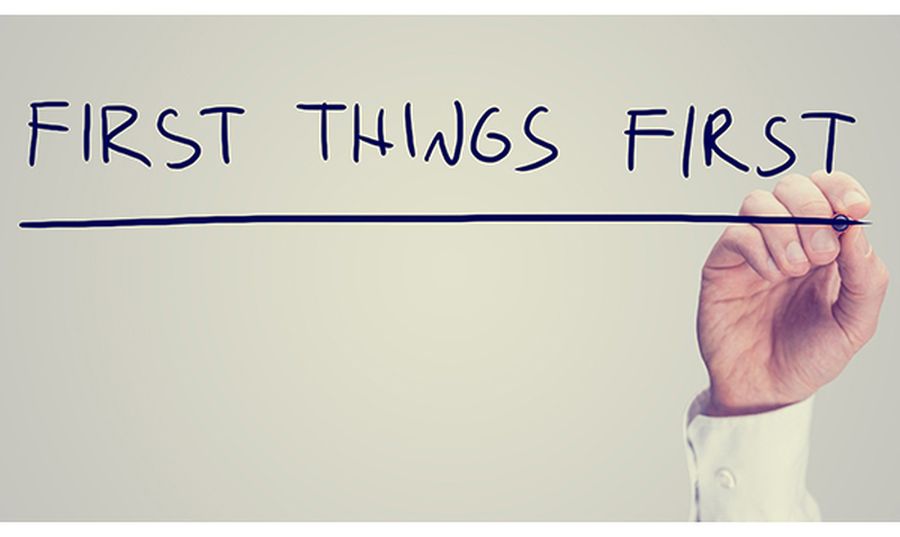At this time of year, a lot of people feel overworked. And this comes as no surprise. We have an epidemic of people trying to do WAY too many things at the same time. I should know – I tend to be included in this group.
The problem with having too many things on our plate is that few things (if any) get done well. This leads to frustration, resentment and in the worst cases: burn-out. We lose our enthusiasm and can even get immobilized by the overwhelming backlog.
We also end up working far too many hours to try and compensate. Ironically, more hours are not always equated with increased output. Compelling research shows that working more than 40 hours does not pay off. Longer work hours also tend to nudge out important things like exercise and sleep which also decreases our productivity.
I believe that we can learn a lot about productivity from busy people – and it’s hard to find someone with more responsibilities than a CEO. Smart leaders know that their primary job is to focus their team’s efforts for maximum impact.
Steve Jobs embodied this concept while running Apple. He used to take his top 100 employees away from the office to brainstorm what the company would focus on during the next fiscal period. After a fair bit of debate, they hammered out a list of 10 projects. At this point, most people would be tempted to try to tackle all ten. But Jobs knew that this would merely dilute the company’s impact.
After the brainstorming, Jobs did something that many others would consider ruthless: he cut off the bottom seven things. He declared that no Apple resources – time or money – would be dedicated to the bottom seven. The ONLY things that Apple was going to focus on were its top three priorities.
Without a doubt, Apple is a very successful company. And when you think about it, they only have a handful of products: Macintosh computers, iPods, iPads, iPhones, iTunes and a few more. They concentrate their efforts. But what they do, they do very well.
It is practically impossible to do several things well all at the same time. When everything is a priority, nothing is a priority.
I, for one, need to keep reminding myself that less is more. Despite the long list of tempting opportunities, I know that my best work arises when I focus on a select few (and turn down the rest).
How does your organization compare? Is your team trying to do too many things at once? What is the impact on speed and execution?
And what about you? Are you spread too thin? Or are you focusing your efforts on a few key areas? I’d love to hear your thoughts in the comments below.








Leave A Comment